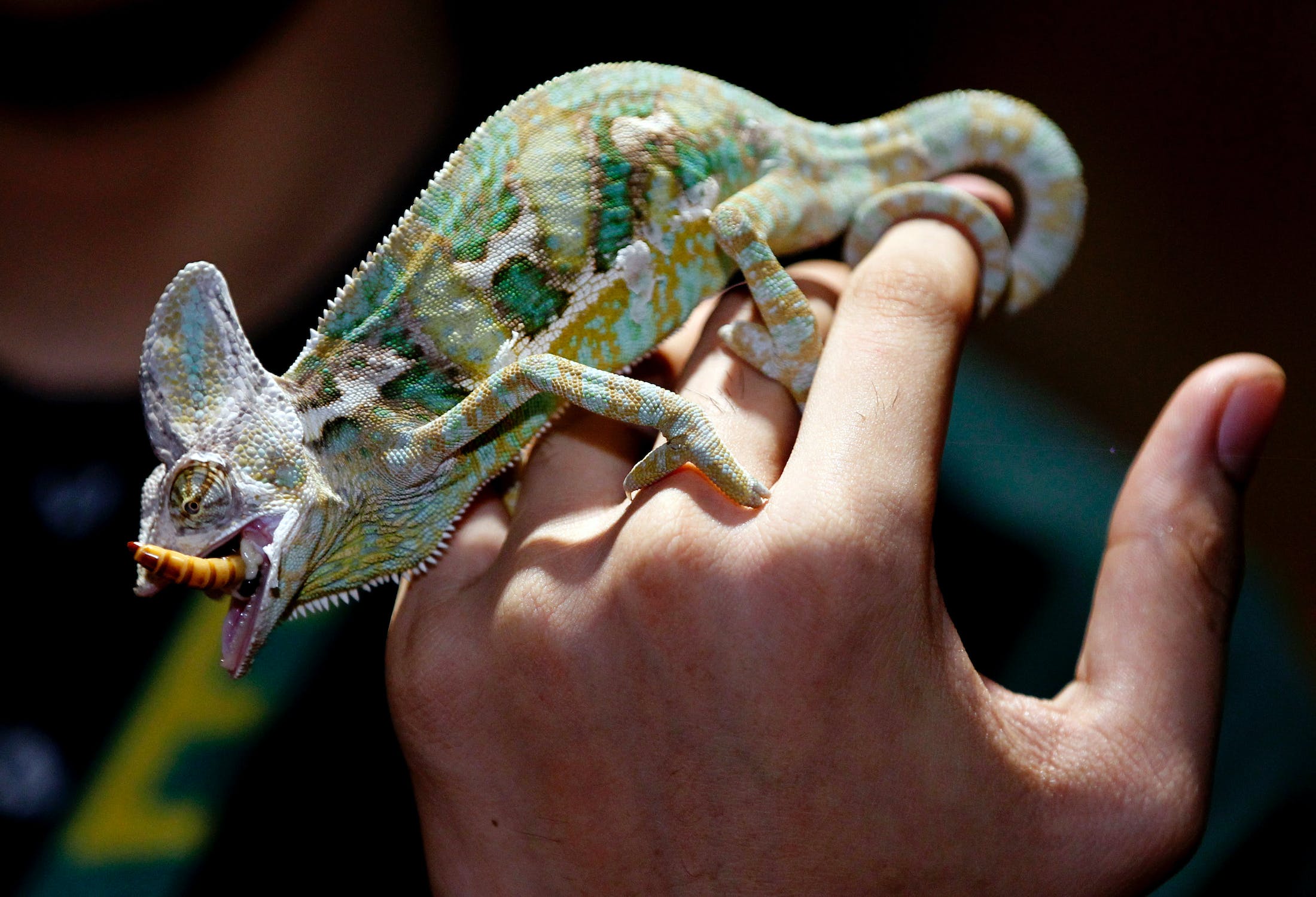Common Mistakes to Avoid When Caring for Your Pet Reptile
Keeping a reptile as a pet can be a fascinating and rewarding experience. However, it also comes with a great deal of responsibility. Reptiles have specific care requirements that differ from those of more common household pets like dogs and cats. Unfortunately, many reptile owners make common mistakes that can negatively impact the health and well-being of their scaly companions. In this article, we will explore some of these common mistakes and provide valuable insights on how to avoid them. By understanding and implementing proper care practices, you can ensure that your pet reptile thrives in a healthy and optimal environment.


Inadequate Housing and Enclosure Size
One of the most common mistakes reptile owners make is providing inadequate housing and enclosure size for their pets. Many reptiles require spacious enclosures to mimic their natural habitat and provide them with enough room to move and explore. When selecting an enclosure, consider the adult size of your reptile species and choose a size that allows for growth. Insufficient space can lead to stress, lack of exercise, and poor overall health. Research the specific requirements of your reptile and ensure you provide a suitable enclosure to meet their needs.
Incorrect Temperature and Humidity Levels
Reptiles are ectothermic creatures, meaning they rely on external sources of heat to regulate their body temperature. Maintaining proper temperature gradients within their enclosure is crucial for their overall health and well-being. When owning a reptile as a pet many people make the mistake of not providing a suitable temperature gradient, which can result in poor digestion, weakened immune systems, and other health issues. Additionally, certain reptiles have specific humidity requirements that need to be met to prevent dehydration or respiratory problems. Invest in appropriate heating and humidity devices and regularly monitor the temperature and humidity levels to ensure they fall within the recommended range for your reptile species.
Improper Diet and Nutrition
Providing your reptile with a balanced and species-appropriate diet is essential for their growth and vitality. Unfortunately, many owners make the mistake of feeding their reptiles an inadequate or incorrect diet. Each reptile species has specific dietary requirements, and it is crucial to research and understand their nutritional needs. Some reptiles are carnivorous, while others are herbivorous or omnivorous. Furthermore, feeding your reptile a diet lacking in essential nutrients and vitamins can lead to nutritional deficiencies and serious health problems. Consult with a reptile veterinarian or a knowledgeable breeder to develop a proper feeding plan for your pet.
Insufficient UVB Lighting
Reptiles require adequate exposure to UVB light to synthesize vitamin D3, which is essential for calcium absorption and overall bone health. Many reptile owners neglect this crucial aspect of reptile care and fail to provide sufficient UVB lighting in their pet’s enclosure. Without proper UVB exposure, reptiles can develop metabolic bone disease, which can cause deformities, weakness, and even death. Invest in high-quality UVB bulbs and ensure they are replaced according to the manufacturer’s recommendations. Additionally, be mindful of the distance between the UVB source and your reptile, as different species have varying UVB requirements.
Lack of Environmental Enrichment
Reptiles, like any other pets, need environmental enrichment to lead a fulfilling life. Many owners make the mistake of not providing enough mental stimulation and enrichment opportunities for their reptiles. This can lead to boredom, stress, and even aggressive behavior. Create a stimulating environment by including appropriate hiding spots, climbing structures, and objects for your reptile to explore and interact with. Adding live plants, branches, and rocks can also mimic their natural habitat and provide a more enriching experience.
Poor Handling and Stressful Interactions
Handling reptiles can be a rewarding way to bond with your pet and monitor their health. However, improper handling techniques and stressful interactions are common mistakes made by reptile owners. Reptiles are generally more sensitive to touch and stress compared to mammals. Rough handling or excessive handling can lead to physical injuries, stress-related illnesses, and even aggression. It’s important to learn the proper handling techniques for your specific reptile species and to be mindful of their comfort level and body language. Avoid sudden movements, excessive squeezing, and prolonged handling sessions. Give your reptile ample time to acclimate to being handled and respect its need for solitude and rest.
Caring for a pet reptile can be a rewarding experience, but it requires knowledge, dedication, and attention to detail. By avoiding common mistakes such as inadequate housing, incorrect temperature and humidity levels, improper diet, insufficient UVB lighting, lack of environmental enrichment, poor handling, neglecting veterinary care, and a lack of research and education, you can ensure that your reptile thrives in a healthy and nurturing environment. Remember, providing optimal care for your pet reptile not only enhances their quality of life but also deepens the bond you share with these remarkable creatures.